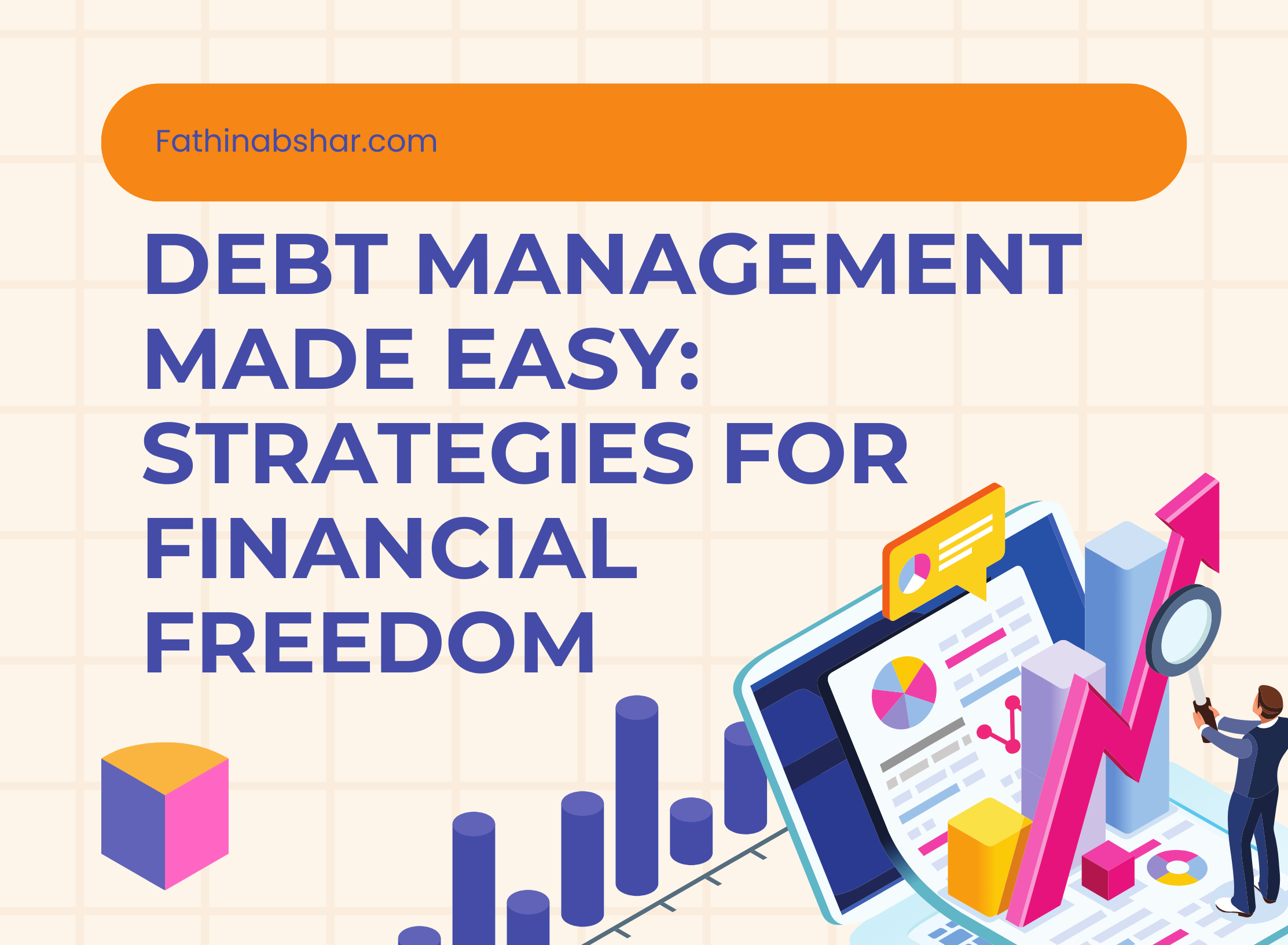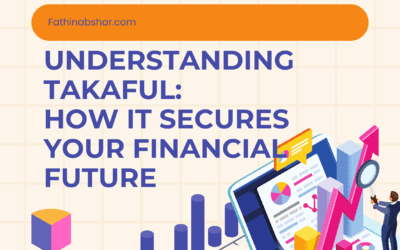Debt is a common part of life, but when not managed properly, it can quickly become overwhelming. Many people struggle with loans, credit card balances, and other financial obligations that seem impossible to clear. However, with the right strategies and mindset, debt management can be made easier, allowing you to regain control of your finances and work towards true financial freedom.
In this guide, we will explore practical and effective debt management strategies, helping you understand how to reduce debt, avoid financial pitfalls, and build a stable financial future. By following these proven methods, you can create a realistic plan to achieve financial stability while maintaining peace of mind.
Understanding Debt: The Good vs. The Bad
Not all debt is bad. In fact, some forms of debt can be beneficial if used wisely. Before diving into debt management strategies, it’s important to differentiate between good debt and bad debt.
Good Debt
- Mortgage Loans: Buying a home can be a wise investment, as real estate often appreciates over time.
- Student Loans: Education can increase earning potential and provide better career opportunities.
- Business Loans: Borrowing money to expand a business can generate more income and profits.
Bad Debt
- Credit Card Debt: High-interest credit card balances can quickly spiral out of control if not paid off in full.
- Payday Loans: These short-term loans often come with exorbitant interest rates, leading to financial stress.
- Unnecessary Consumer Loans: Borrowing money for non-essential purchases, such as luxury items or vacations, can be financially draining.
Now that we understand the difference, let’s look at strategies to manage and eliminate debt effectively.
1. Assess Your Financial Situation
The first step in debt management is understanding where you stand financially. Take an honest look at your income, expenses, and outstanding debts. Gather all financial documents, including:
- Loan statements
- Credit card bills
- Monthly expenses
- Any additional financial commitments
Once you have a clear picture of your financial situation, list your debts in order of priority. This will help you develop a structured plan to start paying them off effectively.
2. Create a Realistic Budget
A well-planned budget is essential for managing debt effectively. By tracking your income and expenses, you can allocate funds wisely and ensure you’re making consistent debt payments.
How to Create a Budget:
- Calculate Your Monthly Income: Include salary, bonuses, side income, and any other sources of earnings.
- List All Expenses: Categorize them into necessities (rent, utilities, groceries) and discretionary spending (entertainment, dining out, shopping).
- Identify Areas to Cut Costs: Find ways to reduce non-essential spending and redirect the extra money towards debt repayment.
- Set Aside Savings: Even while paying off debt, it’s crucial to maintain a small emergency fund to cover unexpected expenses.
Budgeting may take discipline, but over time, it becomes a powerful tool to regain control over your finances.
3. Prioritize Debt Repayment
There are several methods to tackle debt repayment, each with its own benefits. The two most popular strategies are the Snowball Method and the Avalanche Method.
Snowball Method
This approach focuses on paying off the smallest debts first while making minimum payments on larger debts. Once the smallest debt is cleared, move on to the next smallest. This creates a psychological boost and keeps you motivated.
Avalanche Method
With this method, you prioritize paying off debts with the highest interest rates first. While it may take longer to see immediate progress, this approach saves you more money in the long run by reducing overall interest payments.
Both strategies are effective, so choose the one that works best for your financial situation and motivation level.
4. Avoid Taking on More Debt
One of the most important aspects of debt management is preventing new debt accumulation. Here’s how you can avoid falling back into the debt trap:
- Use Cash or Debit Cards: Limit credit card usage unless you can pay off the balance in full each month.
- Think Before Borrowing: Ask yourself if a purchase is truly necessary before taking on new debt.
- Build an Emergency Fund: Having a financial cushion can prevent reliance on loans during unexpected situations.
- Review Spending Habits: Identify and eliminate unnecessary expenses that contribute to debt accumulation.
5. Negotiate with Creditors
Many people don’t realize that creditors and financial institutions are often willing to negotiate repayment terms. If you’re struggling to keep up with payments, consider contacting your creditors to discuss alternative options.
Possible Negotiation Strategies:
- Request Lower Interest Rates: A lower interest rate can significantly reduce the overall cost of your debt.
- Set Up a Payment Plan: Many creditors allow structured payment plans that fit your budget.
- Debt Consolidation: Combining multiple debts into a single, lower-interest loan can simplify repayment.
- Seek Financial Counseling: Professional financial advisors can provide guidance on debt management solutions tailored to your situation.
6. Consider Debt Refinancing or Consolidation
Debt consolidation is an effective way to simplify multiple loan payments into one. This can help reduce interest rates and make repayment more manageable.
Benefits of Debt Consolidation:
- Lower Interest Rates: Consolidating debt into a single loan often results in reduced interest charges.
- Easier Monthly Payments: Managing one payment instead of multiple balances can make budgeting easier.
- Faster Debt Clearance: With a structured repayment plan, you can eliminate debt more efficiently.
Before opting for debt consolidation, research your options and compare different financial institutions to find the best plan for your needs.
7. Stay Committed to Your Financial Goals
Successfully managing debt requires consistency and commitment. Stay focused on your financial goals by:
- Tracking Progress: Regularly reviewing your finances ensures you stay on the right path.
- Celebrating Milestones: Reward yourself for reaching debt repayment goals (without overspending!).
- Continuing Financial Education: Reading books, attending seminars, and following financial experts can keep you motivated and informed.
Conclusion
Debt management doesn’t have to be overwhelming. By assessing your financial situation, creating a budget, prioritizing repayments, and avoiding new debt, you can take control of your financial future. Negotiating with creditors, considering consolidation, and staying committed to your financial goals will further help you achieve long-term stability.
The key to financial freedom is taking proactive steps today. With discipline and the right strategies, you can break free from debt and build a secure, stress-free financial future.




0 Comments